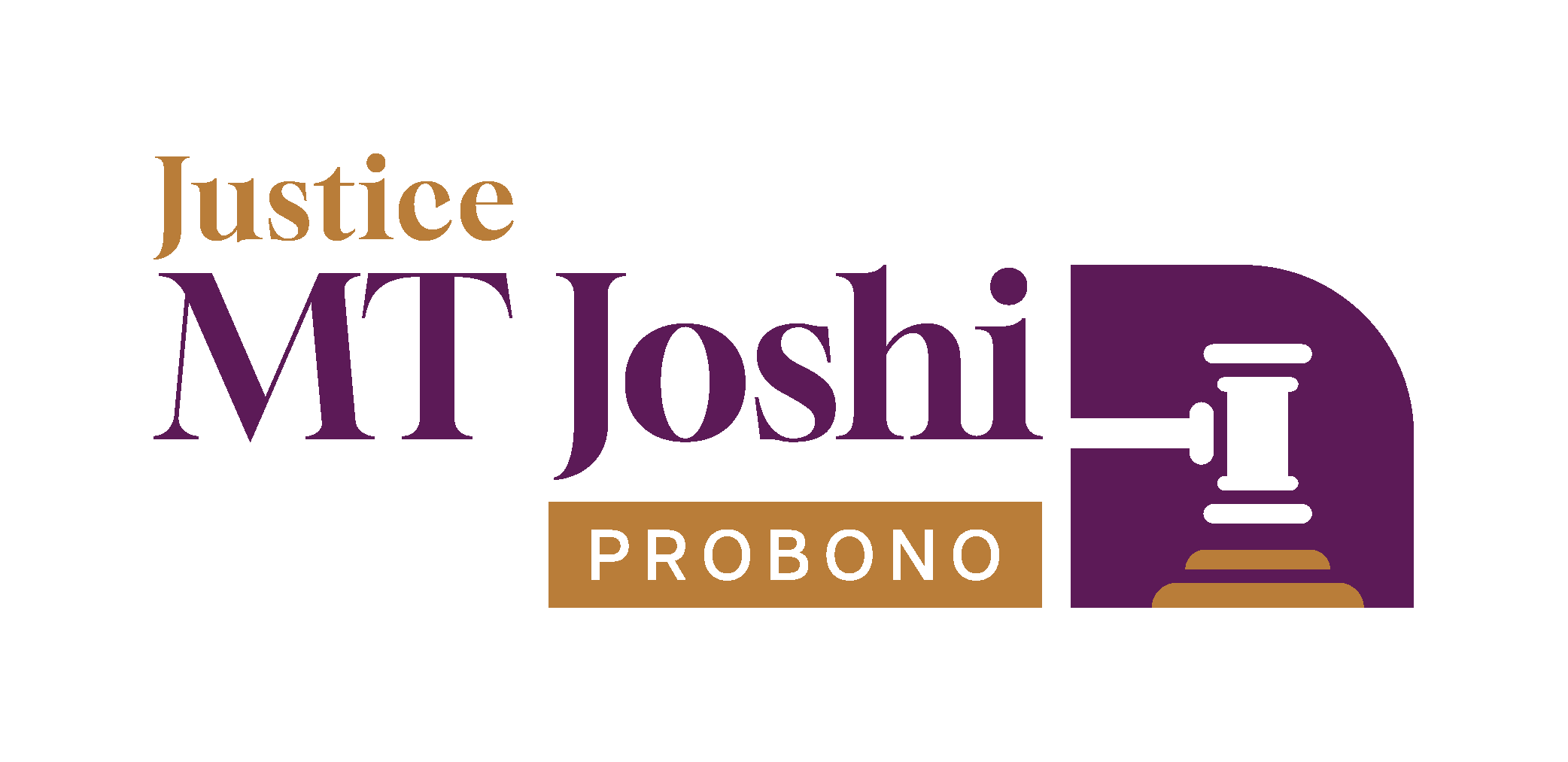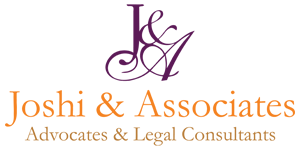Who qualifies as an applicant or beneficiary for seeking legal aid or advice under this program?
Beneficiaries or applicants must meet the criteria outlined under Section 12 of The Legal Services Authorities Act, 1987, to be eligible for this program. Eligible groups include:
- Members of Scheduled Castes or Scheduled Tribes;
- Victims of trafficking in human beings or begar, as referred to in Article 23 of the Constitution;
- Women or children;
- Persons with disabilities;
- Persons in custody;
- Industrial workmen;
- Victims of mass disasters, ethnic violence, caste atrocities, floods, droughts, earthquakes, or industrial disasters;
- Persons with an annual income lower than the limit specified under the law;
- Others as specified under applicable provisions.
Is the applicant required to submit any documentary proof of eligibility and/or case-related papers at the time of registration under the program?
Yes, applicants must provide documentary proof to establish their eligibility based on the category they belong to:
- Scheduled Caste or Tribe: Certificate issued by the appropriate government authority.
- Victim of trafficking or begar: Any legal, court, or police document verifying this status.
- Woman or Child: Government-issued ID showing date of birth and gender.
- Person with Disability: Disability certificate from the appropriate government authority.
- Person in Custody: Relevant court order or documents.
- Industrial Workman: Employment ID or certification.
- Victim of Disasters: Legal or government document certifying status.
- Low-Income Individuals: Revenue certificate or Below Poverty Line (BPL) card.
- Other Categories (such as Senior Citizens): Government-issued ID with date of birth.
Is the applicant required to make any payments in cash or kind for availing pro bono legal services under this program?
Pro bono legal services are provided free of charge. However, while attorneys registered under our program will not charge for their services, applicants may be responsible for incidental expenses such as photocopying, postage, typing, and in certain cases, travel expenses, based on a mutual agreement between the applicant and the advocate.
Does Joshi & Associates reserve the right to select or reject cases submitted for pro bono services?
Yes, Joshi & Associates reserves the right to select or reject cases submitted for pro bono services. Common grounds for rejection include, but are not limited to:
- Lack of evidence or insufficient legal merit;
- Cases that fall outside the scope of our expertise or resources;
- Conflicts of interest;
- Overcapacity or limited resources to adequately handle the case. This policy ensures that our resources are used effectively to assist those most in need within the scope of our pro bono program.

